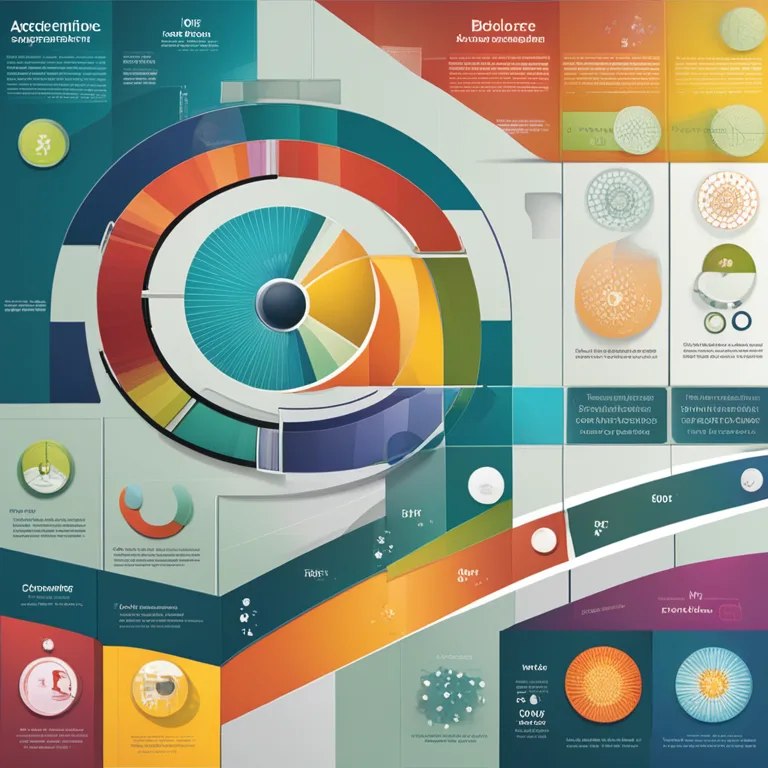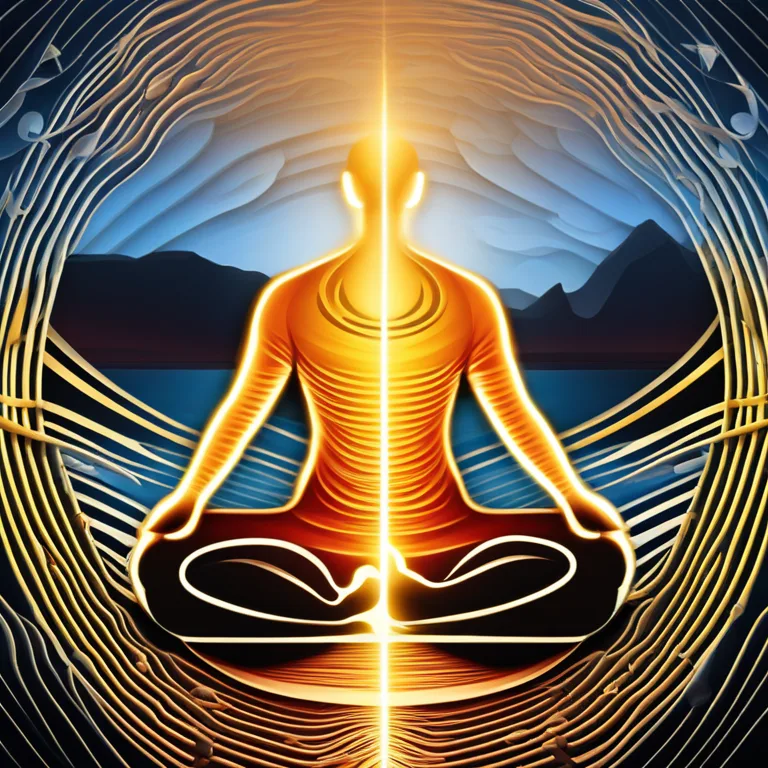
The Rhythms Within: Insights into Biorhythm Psychology
Delve into the concept of biorhythms and their psychological implications, exploring how cyclic patterns can influence our mental state and behaviors.
article by Adrian Wallace
The Basics of Biorhythms
The concept of biorhythms is based on the idea that our lives are influenced by natural physiological cycles. These cycles are believed to affect our physical, emotional, and intellectual abilities. Originating from the scientific observations of the 19th century, biorhythm theory posits that from the moment we are born, we are governed by these three fundamental cycles. As we navigate the landscape of 2024 and beyond, the interplay of these cycles continues to captivate the interest of those seeking deeper personal insights.

The Impact on Psychological Well-being
The psychological aspect of biorhythms is particularly intriguing. Adherents suggest that awareness of one's biorhythmic patterns can herald improved mental health outcomes. The emotional cycle, typically spanning 28 days, purportedly correlates with our mood and creative energy, while the 33-day intellectual cycle is thought to influence logic, reasoning, and memory. Acknowledging these patterns, enthusiasts believe, may assist individuals in capitalizing on their peaks and navigating through their troughs with greater ease and understanding.

Biorhythms in Modern Lifestyle
In the hectic world of 2024, with its relentless pace and technological advancements, the application of biorhythms could serve as a pivotal tool for managing stress and optimizing performance. The intersection of biorhythm research and technology has led to the development of sophisticated apps and tools that help individuals track their cycles. Proponents argue that by aligning tasks and activities with their optimal biorhythmic phases, people can enhance productivity and harmony in their lives.

Scientific Scrutiny and Perspectives
Despite the fascination with biorhythms, it's crucial to approach the topic with a balance of open-mindedness and scientific inquiry. Critics point to a lack of empirical evidence supporting the impact of biorhythms on human behavior. However, the field of chronobiology, which studies the timing of biological processes, has garnered mainstream scientific recognition, prompting new investigations into how cyclic patterns govern living organisms.

Cultural and Personal Relevance
Culturally, biorhythms offer a unique perspective that intersects with various beliefs and practices around the world. From traditional Chinese medicine to contemporary holistic approaches, the idea of cycles and rhythms finds resonance. On a personal level, whether or not one subscribes to the scientific validity of biorhythms, exploring these cycles can be seen as a form of self-reflection and self-care, prompting individuals to pay closer attention to the ebb and flow of their own energy and well-being.
A Balanced Approach
As we consider the potential of biorhythms within psychology, a balanced discourse is indispensable. While respecting the experiences of those who find value in tracking their biorhythms, it's important to continue to emphasize the need for research-based understanding. As of 2024, the bridge between the anecdotal allure of biorhythms and their clinical application remains an intriguing area of study that can benefit from further exploration and dialogue.
Published: 12/28/2023
Modified: 12/28/2023
More predictions
Come back here soon to learn more about yourself and your future


The Core of Biorhythm Theory
Delve into the core of biorhythm theory, a concept that suggests our daily lives are influenced by natural physiological cycles.


The Rhythms of Life: Delving into Biorhythm
Discover how biorhythm cycles influence your physical, emotional, and intellectual wellbeing, and how to track these patterns for optimal living.


The Origins of Biorhythm Theory Explored
Discover the historical and scientific roots of biorhythm theory, the concept that seeks to predict personal cycles of health, emotion, and intellect.